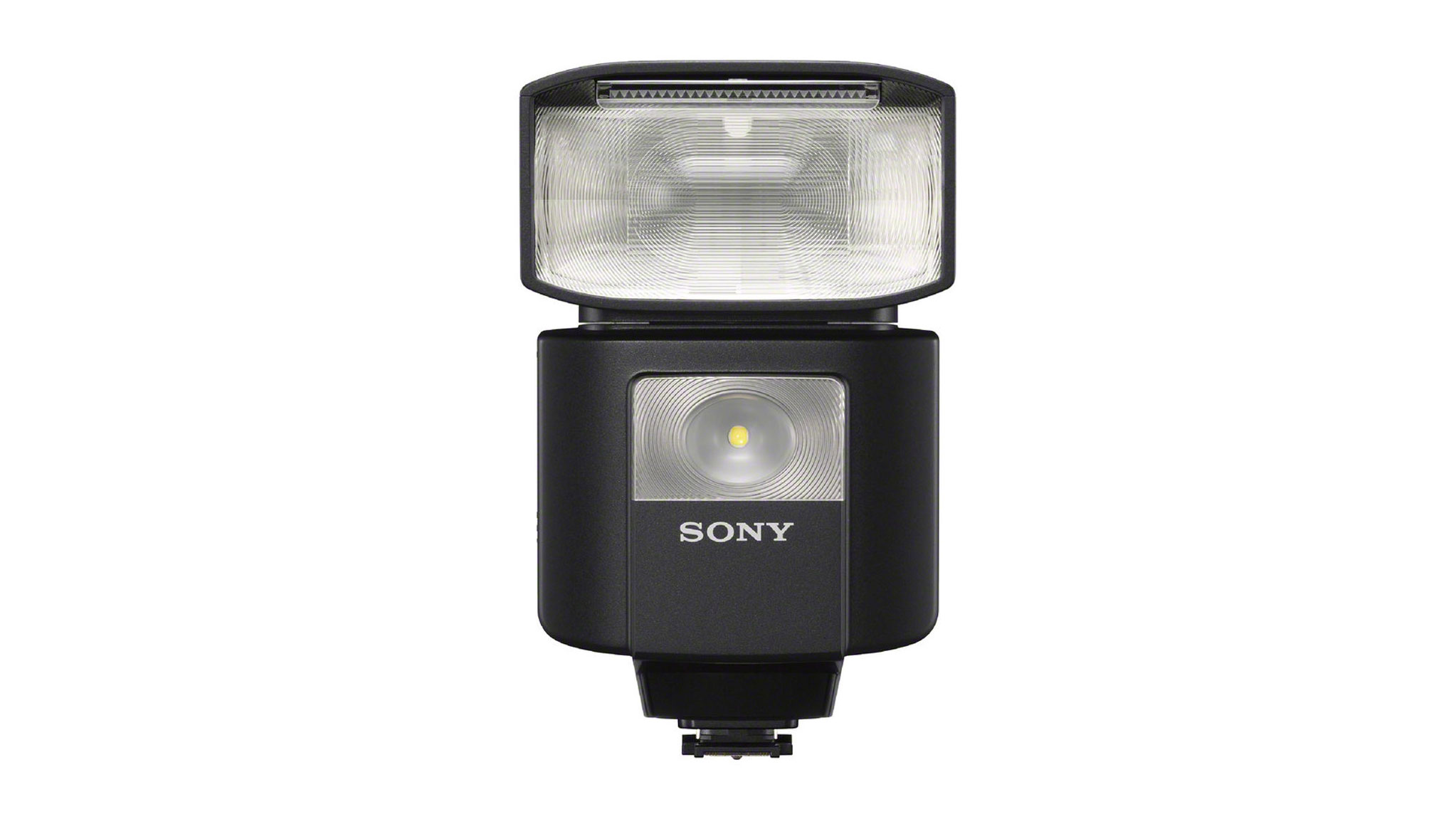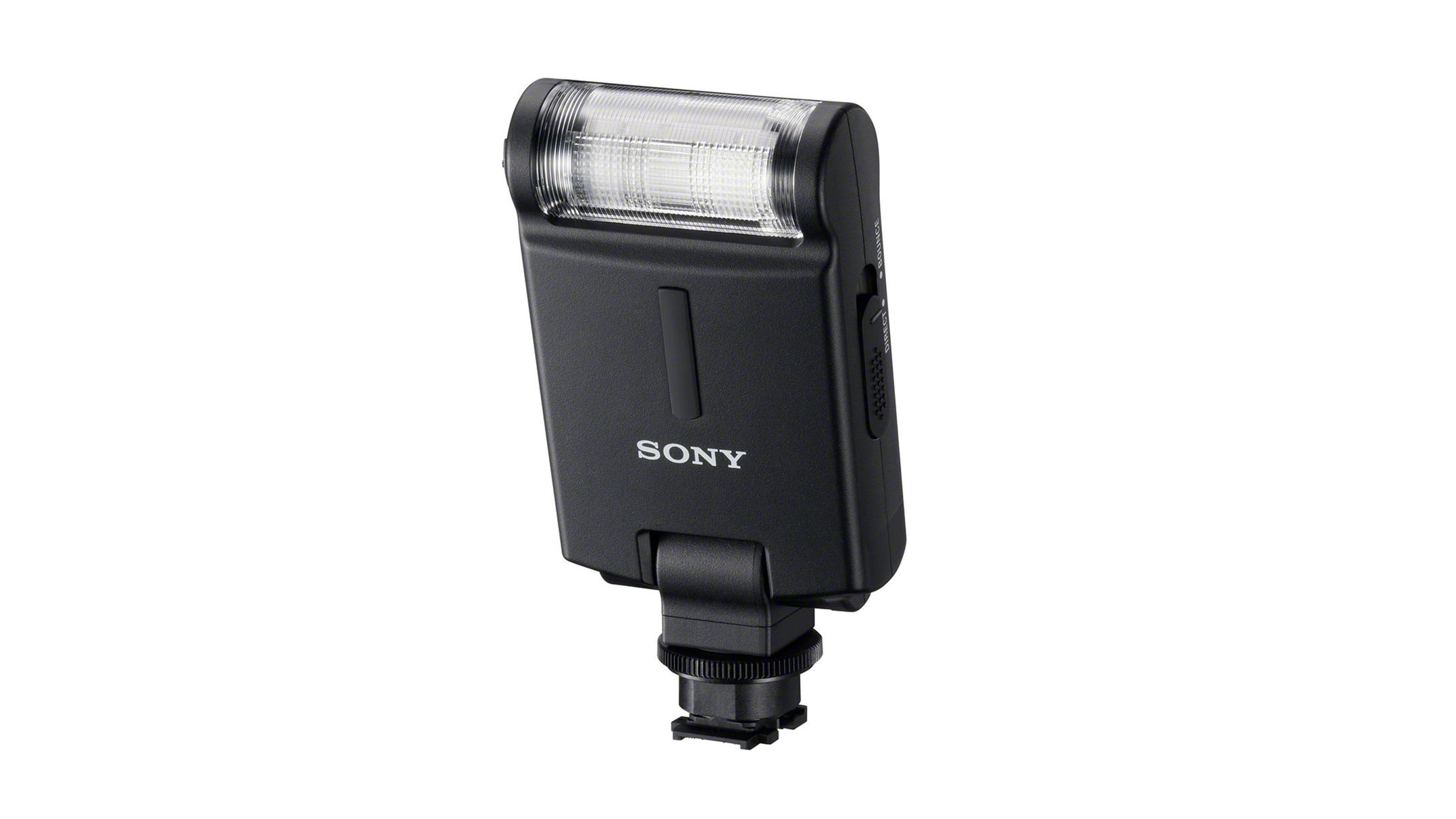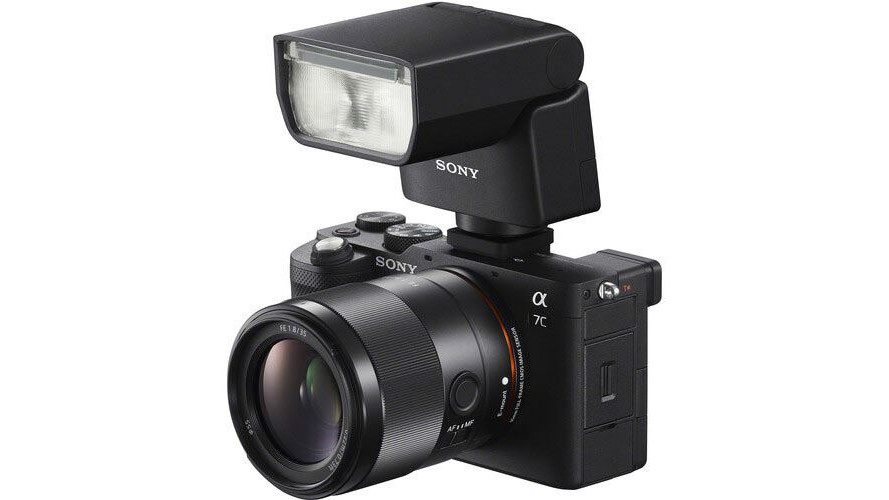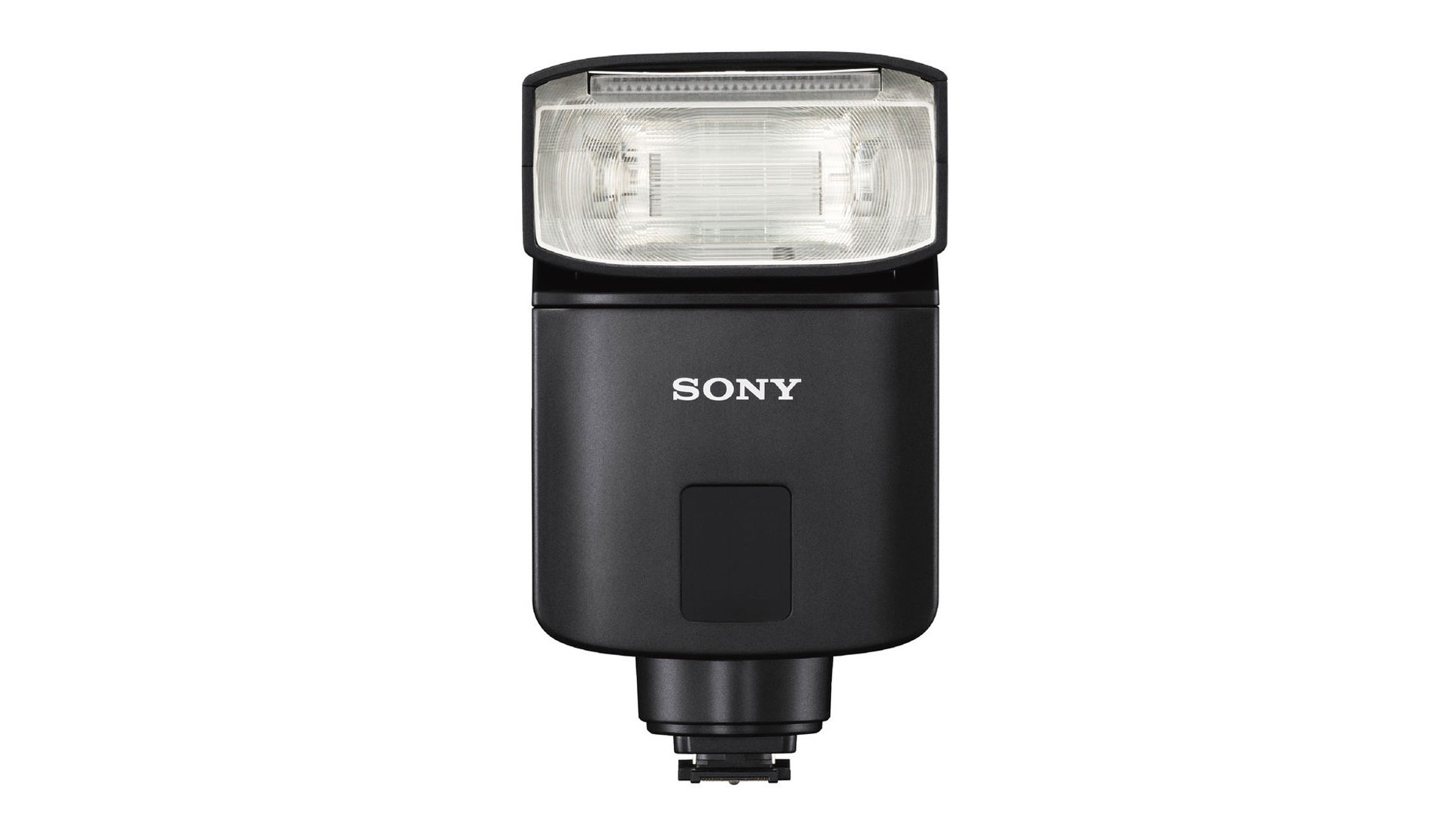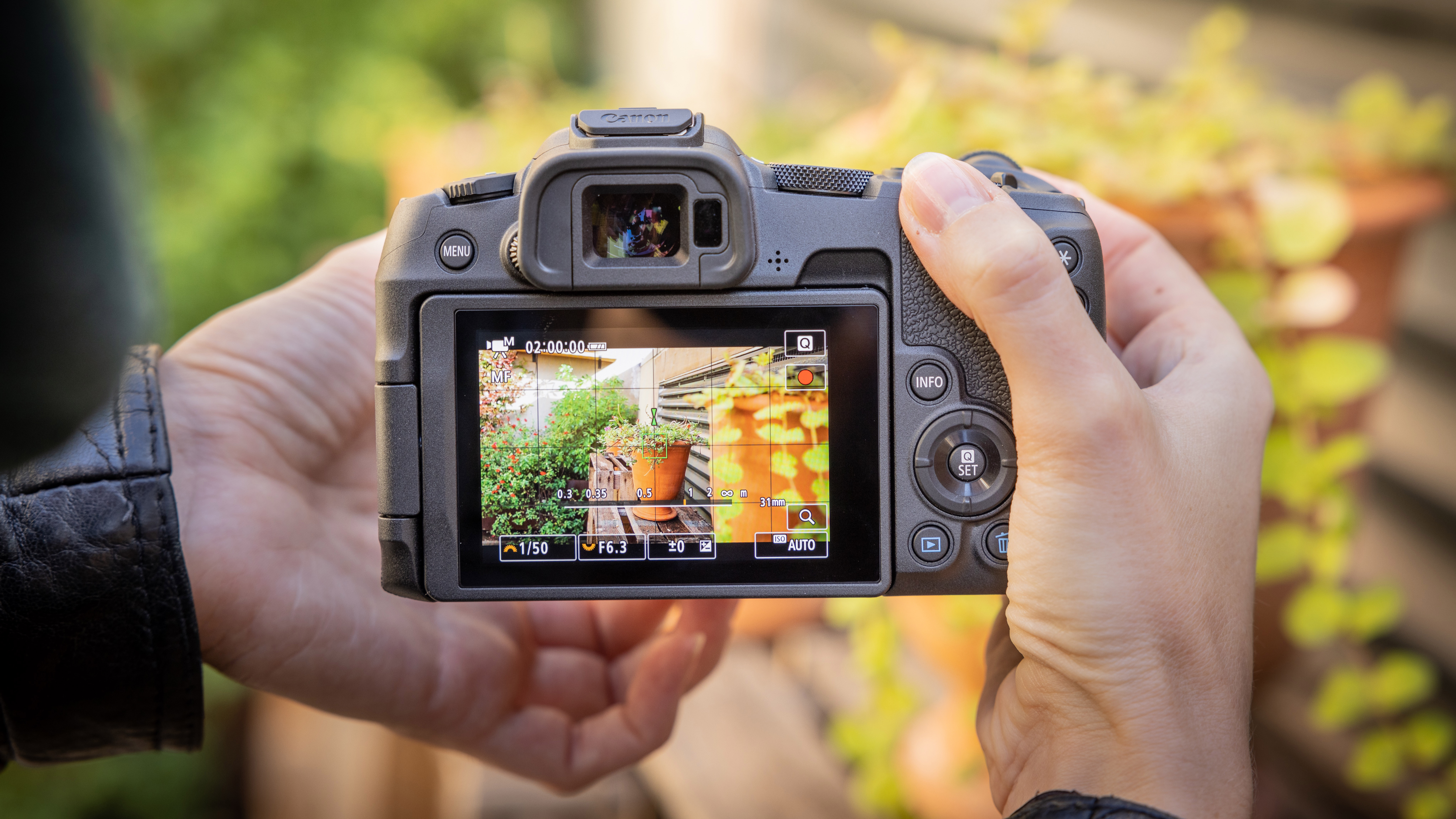Best Sony flashguns: dedicated flashguns for Sony mirrorless cameras
Now's the time to light up your life (and your photography) with one of the best Sony flashguns. Here are my top picks...
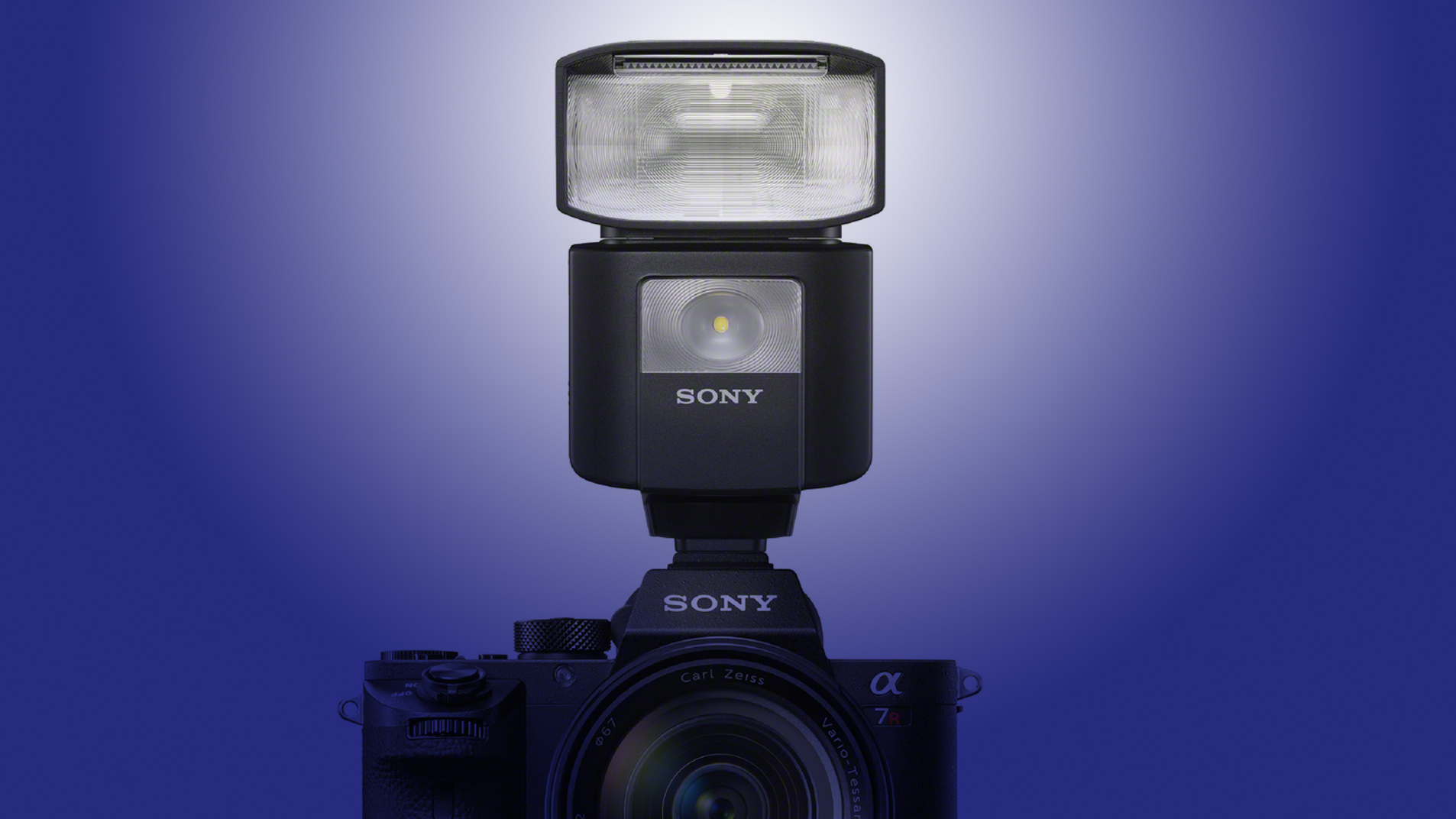
If you're looking for the best Sony flashgun, I've got them all right in this guide. My hand-picked list includes the latest and greatest Sony strobes for professionals, as well as small and portable flash units designed for beginners, light travellers, and those on a budget. Whatever your needs, there should be a great Sony-fit flashgun here for you.
As they can deliver a quick, powerful burst of illumination to any shooting situation, flashguns are the perfect way to freeze action, light up a dark interior, smooth out the shadows of a portrait, and do much more besides. If you're serious about photography, learning how to control flash is essential – you can check out our guide on how to use flash for your photography if you need a hand getting started.
I've based my list around Sony's own flash units designed specifically for its Alpha mirrorless cameras, with one third-party option thrown in. If you're looking for more general options, our list of the best flashguns includes plenty of options for Sony as well as other manufacturers.

Matthew Richards is a photographer and journalist who has spent years using and reviewing all manner of photo gear. He is DCW's foremost flashgun tester, and brings his expertise to recommending the best Sony-compatible flash units.
The quick list
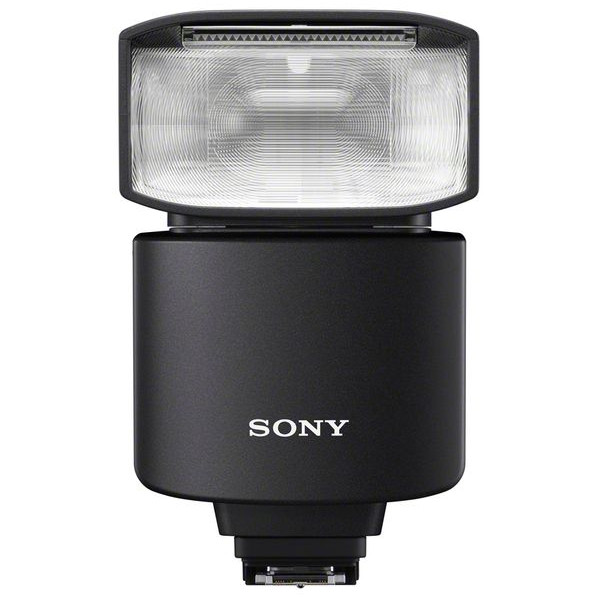
The Sony HVL-F46RM offers a tremendous balance of power, performance, and price for amateurs, enthusiasts, and pros alike. It features RF master/slave as well as infrared.
Read more below
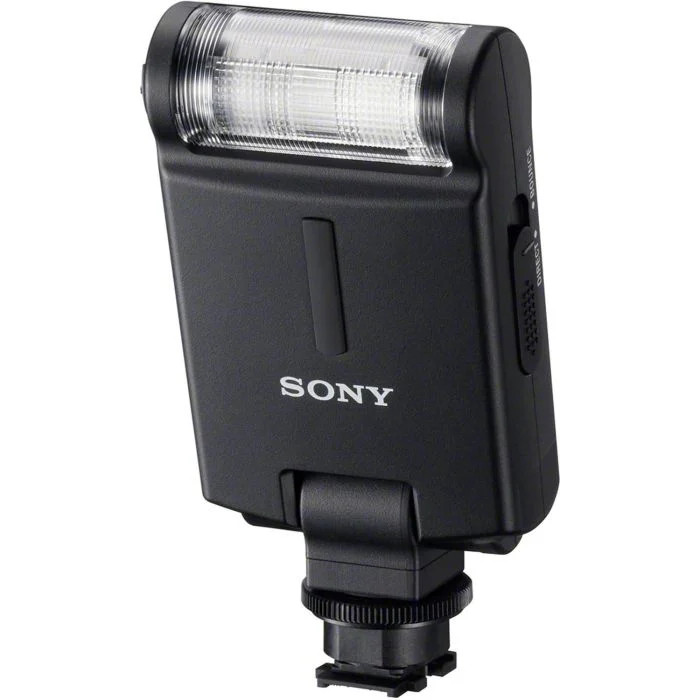
The diminutive Sony HVL-F20M is quite basic in terms of features, with no swivel, no high-speed sync and no slave IR. However, it's highly affordable.
Read more below
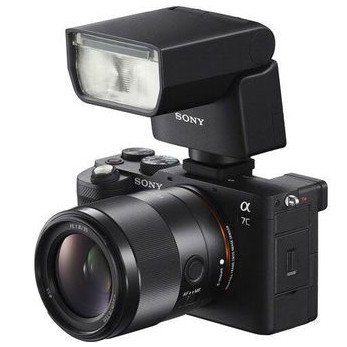
Released alongside the Sony A7C, this smaller flashgun also works well with the APS-C Sony A6000 range. It can make use of face-detection for perfect portraits.
Read more below
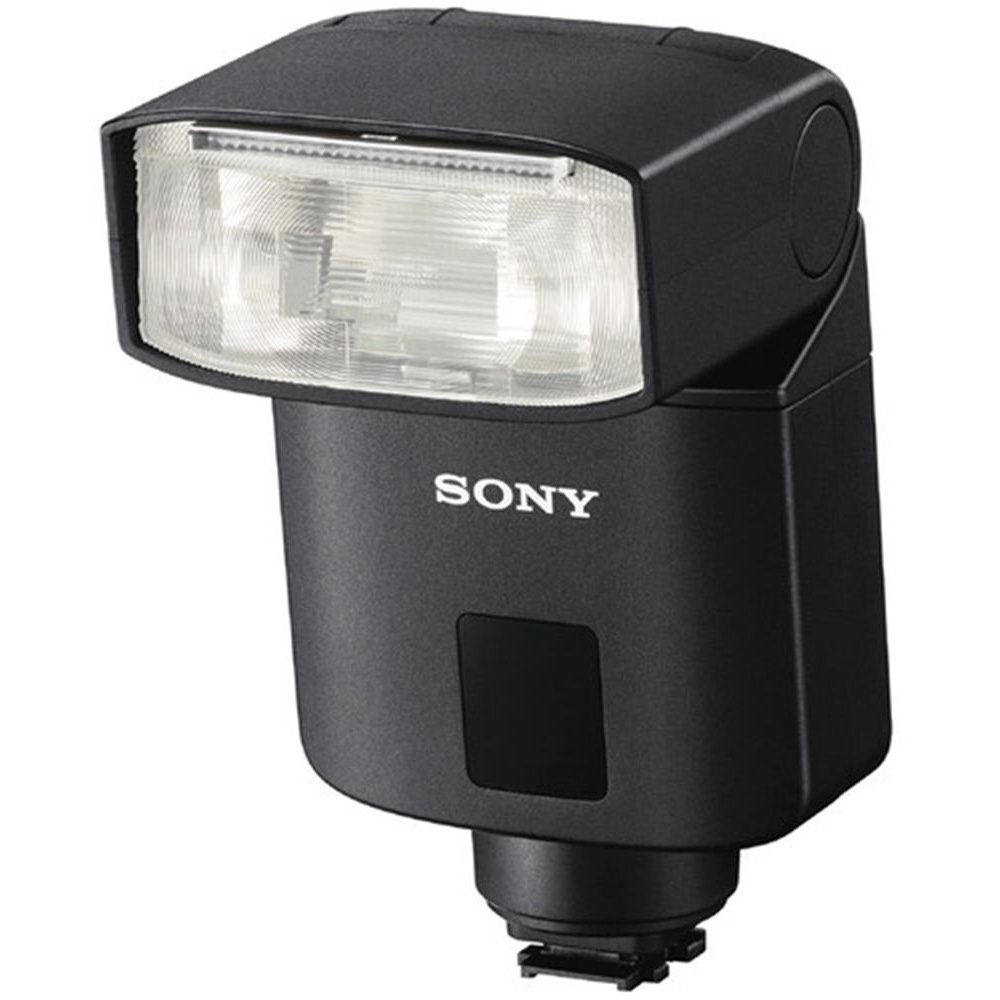
Packing down well, but still offering plenty of power and functionality, the HVL-32M is ideal for travel photographers. It is becoming more difficult to find outside of the US, though.
Read more below
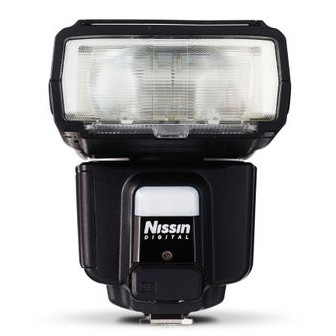
One of the more impressive third-party flash units I've tested, the Nissin i60A delivers big power and a flexible zoom range, all from a relatively small unit. Impressive stuff.
Read more below
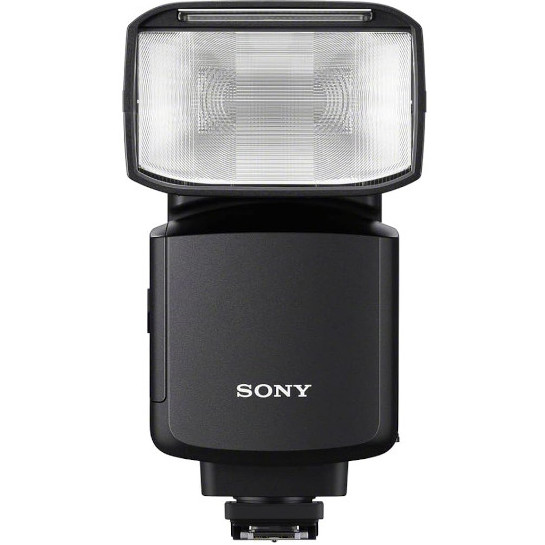
The top dog of the Sony flash world, offering super-fast recycle speeds and advanced camera communication. Though it's not that much more powerful than the HVL-F46RM...
Read more below
Best Sony flashguns
Why you can trust Digital Camera World
Best Sony flashgun overall
1. Sony HVL-F46RM
Specifications
Reasons to buy
Reasons to avoid
A properly grown-up flashgun, the HVL-F46RM is a new and improved version of the HVL-F45RM. It runs on four AA batteries and packs some seriously high-end features such as an LED light to assist with focus in dark environments, which can also be useful for close-range stills. Another advantage of the LED lamp is that the flash light could be used to shoot movies
There’s certainly no shortage of power from the main flash tube, which has a Gn 46 rating and a motorized zoom range of 24-105mm, plus a generous -8 to 150 degrees of bounce and full 180-degree swivel to both the left and right. Another enhancement over the lower-end Sony flashguns is that this one features RF (Radio Frequency) wireless master and slave functions as well as infrared. The RF mode boosts the connectivity range from five to 30 meters, and doesn’t require direct ‘line of sight’ between master and slave flashguns.
Best cheap Sony flashgun
2. Sony HVL-F20M
Specifications
Reasons to buy
Reasons to avoid
First, the good news. The HVL-F20M makes a great travel companion, as it’s small and slim enough to fit in a spare pocket and runs on just two AAA batteries. It’s not massively powerful but can provide sufficient illumination for most eventualities, especially if you don’t mind bumping up your camera’s ISO setting a bit. It has a rudimentary bounce 0/75-degree facility but no swivel, and a similarly basic 27/50mm manual zoom mechanism. However, there’s no high-speed sync option, which limits you to the maximum shutter sync speed of your camera. This can be awkward when using the flashgun to fill in the shadows under direct sunlight, where you might prefer to use a faster shutter speed, especially if you also want to use a wide aperture to shrink the depth of field.
There are no onboard controls nor an LCD information screen, so all adjustments need to be carried out via camera menus, which can be more laborious. Back on the plus side, the flashgun can work as an infrared wireless controller to trigger other Sony flashguns, but, strangely, there’s no wireless receiver mode.
Best Sony flashgun for small cameras
3. Sony HVL-F28RM
Specifications
Reasons to buy
Reasons to avoid
Launched alongside the lightweight Alpha 7C, the Sony HVL-F28RM is a light and nippy flashgun that nonetheless packs in the latest features and functionality. Top of the headline specs is its ability to work with a camera's face detection for perfectly balanced portraits, balancing its light output with the ambient lighting of a scene. Another handy feature is the extensive weather-sealing, which allows it to be used in all conditions, for location shoots outdoors.
It's a fairly light flashgun, designed not only for the A7C but also for A6000 cameras with APS-C sensors. It's smaller and lighter than the HVL-F32M (see more on which below), though not quite as comprehensively specced, so weigh up the two before deciding which is right for you.
Best Sony flashgun for travel
4. Sony HVL-F32M
Our expert review:
Specifications
Reasons to buy
Reasons to avoid
Despite its competitive selling price, the HVL-32M shoehorns some impressive features and useful power into its diminutive yet tough, weather-sealed build. The Gn 32 power rating is significantly higher than in the entry-level HVL-F20M, despite the more up-market model still running on only two batteries. This time they’re AA instead of AAA. Along with extra power, there’s greater versatility enabled by the bounce and swivel head. Indeed, there’s -8 to 90 degrees of bounce on offer, with 90 degrees swivel to the left and a full 180 degrees to the right. Motorized zoom is also featured, with a range of 24-105mm in full-frame terms.
Other bonuses include onboard controls and an LCD status screen, so you can make quick and easy adjustments without resorting to in-camera menus. The HVL-32M also adds a high-speed sync mode, so you can shoot with flash up to and including your camera’s maximum shutter speed, albeit with reduced maximum power output. And this time, there’s slave as well as master wireless infrared connectivity.
Update: While this flashgun is still plentifully available in the US, it is currently harder to find in the UK and other territories. It's worth having a look at the second-hand market – you should be able to get it at a decent price.
Best third-party Sony flashgun
5. Nissin i60A
Our expert review:
Specifications
Reasons to buy
Reasons to avoid
Most ‘compact’ flashguns have rudimentary features and controls, and limited power output, but the diminutive i60A boasts a power rating of Gn 60, an impressive 24-200mm zoom range, and runs off four (rather than two) AA batteries. It also offers a full 180 degrees of swivel, both left and right, and is supplied with a diffusion dome.
Despite its compact design, Nissin has still made space for a constant LED light for video and close-range stills shooting. The i60A improves on Nissin’s own Di700A by incorporating a more comprehensive set of on-board controls, complete with a particularly good color display screen. Wireless infrared and optical receiver functions are built in, but the Air 1 Commander RF trigger is sold as an optional extra.
Read our full Nissin i60A review
Best professional Sony flashgun
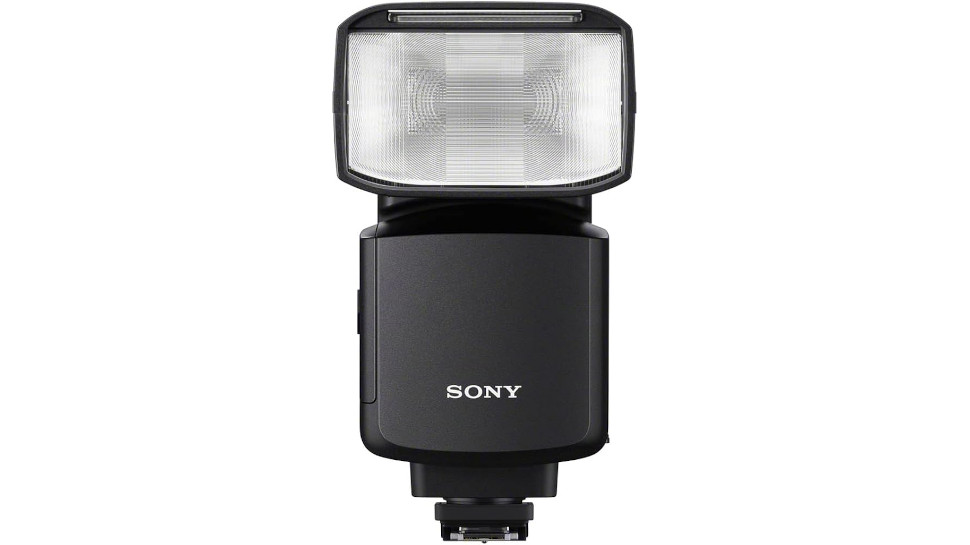
6. Sony HVL-F60RM2
Our expert review:
Specifications
Reasons to buy
Reasons to avoid
If you want to come all flashguns blazing, the HVL-60RM2 is a real quick-shooter. With a mighty Gn 60 power scale, it can fire off more than 240 flashes with a 1.7-second recycle time while running off a set of four standard batteries. Add the optional FA-EBA1 external flash battery adapter, and you can get those recycle times down to just 0.6 seconds.
Just as you’d expect from a range-topping flashgun, it’s not short on features either. There’s a monster 20-200mm zoom range (full-frame) and a -8 to 150-degree bounce facility. However, the unconventional swivel mechanism is less generous, limiting movement to just 90 degrees to the left and right.
Like in the HVL-F45RM, there’s both infrared and RF (Radio Frequency) connectivity, enabling master and slave linking for up to five and 30 meters respectively. An advanced hotshoe with extra contact points also enables an advanced level of communication with the newer of Sony's Alpha camera bodies.
How to choose the best Sony flashgun
Which of Sony's flashguns you choose will depend on what you need! Sony's naming scheme for its flashguns uses the Guide Number as part of the name, so the Sony HVL-F20M, for instance, has a Guide Number of 20. Guide Number essentially refers to a flash unit's power (for a more detailed explanation, see the FAQs section below).
Greater flash power is not only useful for firing at your subject, but also means a flash is more effective at being diffused or bounced off another surface, which generally opens up your options and makes a flashgun more useful for portraiture, where harsh light on a subject's face is undesirable. Some of the less expensive flashes have only rudimentary bounce mechanisms, while the more sophisticated ones will have heads that can swivel horizontally for maximum versatility.
How we test flashguns
We test the power of flash units that come through our labs by using a Sekonic flash meter, placed at a distance of one metre from the flashgun. We check the range of manual power settings in 1-stop increments, and correlate the figures with the Gn (Guide Number). We double-check results by taking shots of a gray card with the appropriate lens apertures and using the camera’s histogram display in playback mode. If possible, we use flash zoom settings of 24mm, 50mm and 105mm.
We also look at flashguns more holistically, and assess features like battery life, build quality, and portability to give you an overall picture of how useful the product is for photography. We look at any unique features a particular flashgun has, and assess how well they work in the real world – not just the labs.
Further information on how we test photographic equipment.
Sony flashguns: frequently asked questions
What does 'guide number' mean on a flashgun?
Guide Number (Gn) basically represents the maximum power output of a flashgun, and is expressed in metres (or feet) at the sensitivity setting of ISO100. To work out the effective range you're working with, divide the Gn by the aperture you're using – so, if you're using a Gn 60 power output and shooting at f/4, you'll have an effective reach of 15m. The higher the Gn, the more powerful a flash you're working with – but this also tends to mean a more costly unit.
What does zoom mean on a flash
When people say that a flash can "zoom", they mean you can boost your power by changing the effective focal length of a flash so that it only illuminates the part of the scene you want the light on. You'll find that the cheaper flashes offer very basic functionality in this regard, allowing the user to select between maybe two settings (the entry-level HVL-F20M has a basic push-pull mechanism, which changes the beam angle to correspond with 27mm or 50mm focal lengths). More expensive flashguns, however, will have motorised zoom mechanisms that can interface with a zoom lens and adjust according to the zoom setting. The HVL-F60RM, currently top of the range, has a class-leading 20-200mm motorized zoom function.
More buying guides
• The best flash diffusers, softboxes and modifiers
• The best flash triggers
• Best LED light panels
The best camera deals, reviews, product advice, and unmissable photography news, direct to your inbox!
Matthew Richards is a photographer and journalist who has spent years using and reviewing all manner of photo gear. He is Digital Camera World's principal lens reviewer – and has tested more primes and zooms than most people have had hot dinners!
His expertise with equipment doesn’t end there, though. He is also an encyclopedia when it comes to all manner of cameras, camera holsters and bags, flashguns, tripods and heads, printers, papers and inks, and just about anything imaging-related.
In an earlier life he was a broadcast engineer at the BBC, as well as a former editor of PC Guide.
- Adam WaringGuides Editor
